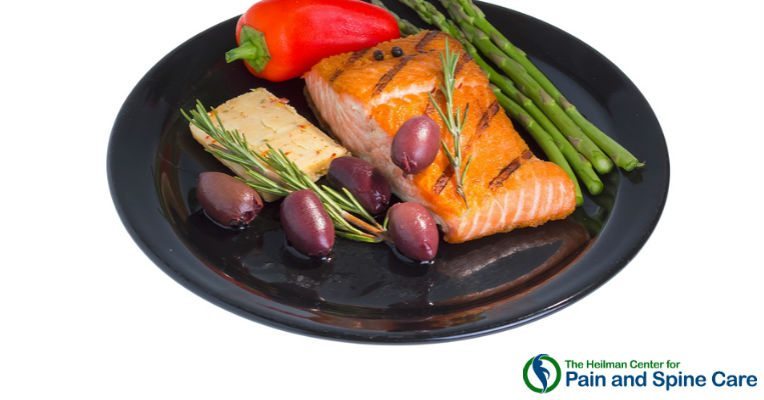Anti-Inflammation Lifestyle: Healthy Food Choices
Science is not always conclusive, often leaving us with more questions than answers; but interestingly, many of the recommendations for lowering chronic inflammation go right along with conventional wisdom for good overall health. An anti-inflammatory lifestyle will take longer to work than an anti-inflammatory drug—rather than an hour, don’t expect any results for a few weeks. And even though the benefits have not been exhaustively documented, a lifestyle that purportedly lowers chronic inflammation won’t cause harm and may just do some good. Let’s learn more.
Foods have been identified and categorized by their ability to increase or decrease chronic inflammation. Some of the anti-inflammatory foods work in a similar manner to anti-inflammatory medications—just in a more subtle way. Rather than including a specific food or two in the diet, it may be more beneficial to look at an overall eating plan to lower chronic inflammation. A Mediterranean-style diet has been cited as a good model. Other food strategies that you may want to consider are included below—keep in mind that some of these recommendations are more weighted in scientific evidence than others:
| More
|
Less |
| Increase intake of vegetables. | Limit high-fat dairy products (some advocate elimination of all dairy products, especially if lactose intolerant). |
| Increase intake of fresh fruits, especially berries. | Minimize saturated fats and trans fats (butter, margarines, peanut oil). |
| Include small portions of almonds, walnuts, pistachios, flaxseed, and other nuts and seeds in your diet. | Minimize refined carbohydrate intake (sweets, pasta, white rice).
|
| Choose whole grain products, brown rice, bulgur wheat. | Cut back on high-fat meats (beef, veal, pork, lamb, duck, goose, sausages, hamburger, hot dogs).
|
| Eat fatty fish 2-3 times a week (salmon, mackerel, herring, sardines, anchovies, rainbow trout, Pacific oysters). If you don’t like fish, consider an omega-3 supplement. | Avoid fried foods.
|
| Drink more green tea and water. | Avoid foods cooked at high temperatures (charbroiled, grilled, pan fried).
|
| Choose healthy oils (extra virgin olive oil and flaxseed oil). | Limit processed foods—you know, the ones that don’t resemble anything found in nature. |
| Add spices (ginger, curry, cinnamon, turmeric, saffron, garlic). | |
| Increase your intake of lentils and beans. | |
| Choose foods in their closest-to-nature form (least processed). |






